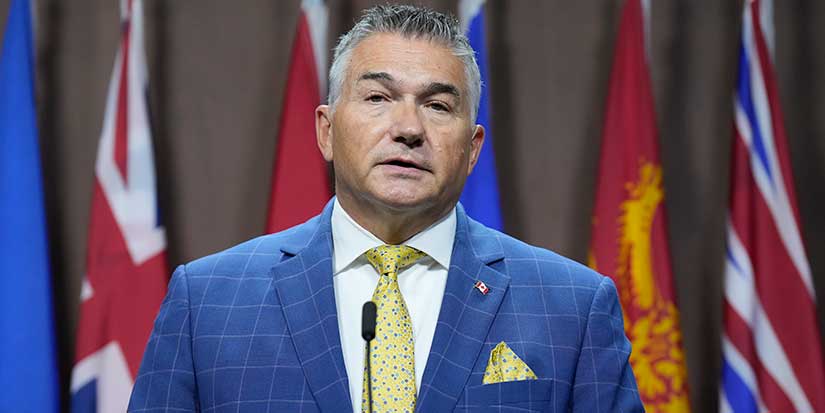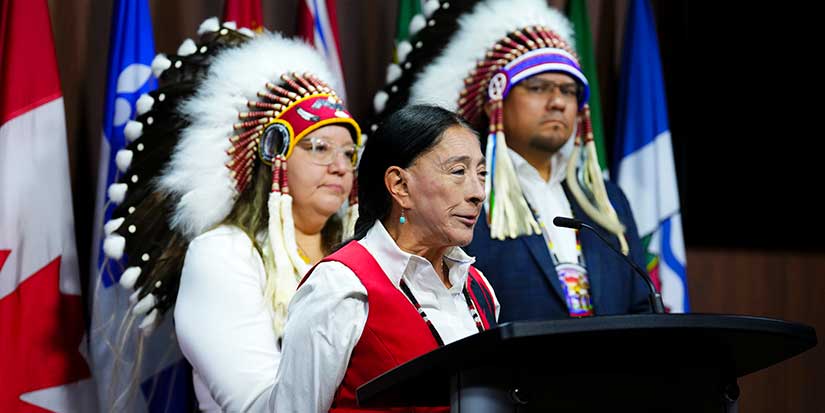Latest News
Richmond adding clinical pharmacists

Published 4:19 PDT, Wed March 24, 2021
—
Three new clinical primary care pharmacists are joining Richmond primary care networks next month as part of the province’s primary care strategy.
Across B.C., 50 new pharmacists are being recruited as part of a joint program with the University of British Columbia’s faculty of pharmaceutical sciences.
"Clinical pharmacists are an important part of B.C.'s health-care system as they are one of the more accessible health-care professionals in our communities. By being part of our team-based model, they will provide a real solution by working directly with patients with complex conditions," said Health Minister Adrian Dix. "The new clinical pharmacists will be working in primary care networks in all health authority regions and with other health-care providers to provide better access to health care in communities throughout B.C."
The government of British Columbia is supporting the program with up to $30.9 million in funding over three years.
These primary care clinical pharmacists will support the team by working directly with patients with complex conditions, such as those with chronic health conditions, to provide comprehensive one-on-one patient medication review. Using their specialized knowledge and training, they will provide expert input to physicians and nurse practitioners on different drug therapy options, drug regimen adjustments and patient safety issues, such as drug interactions and adverse drug events.
Their focus is preventing and resolving medication-related problems, so patients have better health outcomes and higher quality of life. They will do so by educating patients about their medications and helping remove barriers that prevent them from following prescription advice.
By providing clinical pharmacy services directly in primary care networks, patients will benefit as their physicians, nurse practitioners, pharmacists and other health professionals will be able to work more closely together in team-based practices to share records and target services around a patient's specific health-care needs. To ensure the best care of patients, these primary care clinical pharmacists will also work closely with other pharmacy service providers from both health authorities and community pharmacies to improve continuity of care.
Primary care networks are community partners, local health-care providers and Indigenous partners working together to ensure patients have access to a full range of team-based primary care services for their day-to-day health-care needs. For people and families, it means getting faster, better access to their primary care team, including evenings and weekends, as well as being connected to appropriate services and supports in the community.
Since B.C. launched the primary care strategy in 2018, 39 primary care networks have been announced throughout the province, and 24 urgent and primary care centres, three primary care nurse practitioner clinics, three community health centres and one First Nations primary care clinic have opened, with more are underway.































